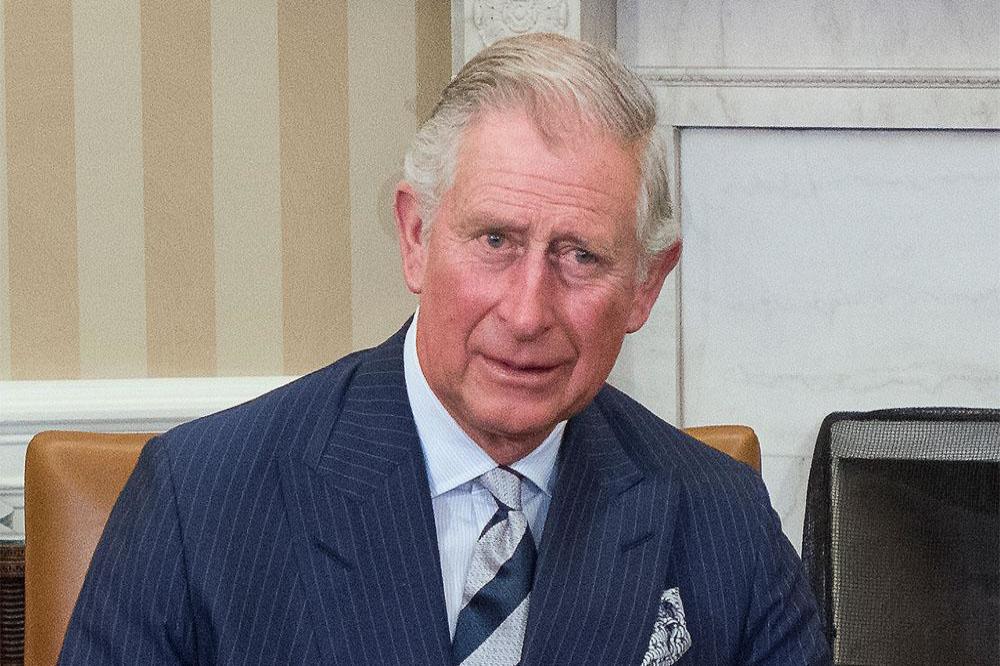Prince Charles called for more "cultural connectivity" as he opened the Oxford Centre for Islamic Studies's new building on Tuesday (16.05.17).

Prince Charles
The 68-year-old royal - who was in Oxford with his wife, the Duchess of Cornwall - spoke of the importance of an "empathetic and open dialogue across boundaries of faith, ethnicity and culture".
Speaking to guests gathered at the event to mark the opening of the new building, he said: "Because, Ladies and Gentlemen, there has perhaps never been a greater need for cultural connectivity. In the world in which we now live, with fears about 'The Other' - whether that be Sunni, Shia, Jew, Christian, Yazidi, Hindu or Buddhist - stoked and spread through social media, and amplified by those who would seek to suppress understanding, rather than promote it, there is an urgent need for calm reflection and a genuinely sustained, empathetic and open dialogue across boundaries of faith, ethnicity and culture."
And the Prince of Wales urged for there to be a "rediscovery" of "what unites rather than what divides us".
He added: "That, it seems to me, is at the heart of what the Oxford Centre for Islamic Studies should represent, in this city above all. The quads and gardens of Oxford's colleges, the courts and gardens of the Alhambra, the courtyards and gardens of these new buildings, are all analogous to the classical architectural traditions of Greece, Rome and Persia.
"They reflect an adaptation from common origins and shared ideas of harmony, views of the relationship between humans and the physical world and the purposeful differentiation of space. All of the great religions have thought deeply about these matters because they reflect such fundamental choices about the way in which we live our lives and relate to others.
"We need to rediscover and explore what unites rather than what divides us. And that involves a recognition that we have all learned from each other and should continue to do so. No one culture contains the complete truth. We are all seekers. And our search is - or should be - a collective human enterprise."
Tagged in Prince Charles Duchess of Cornwall

